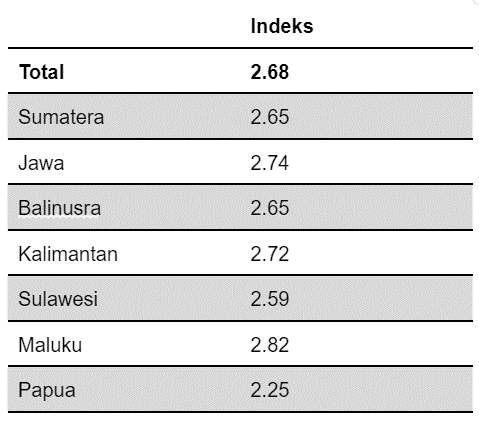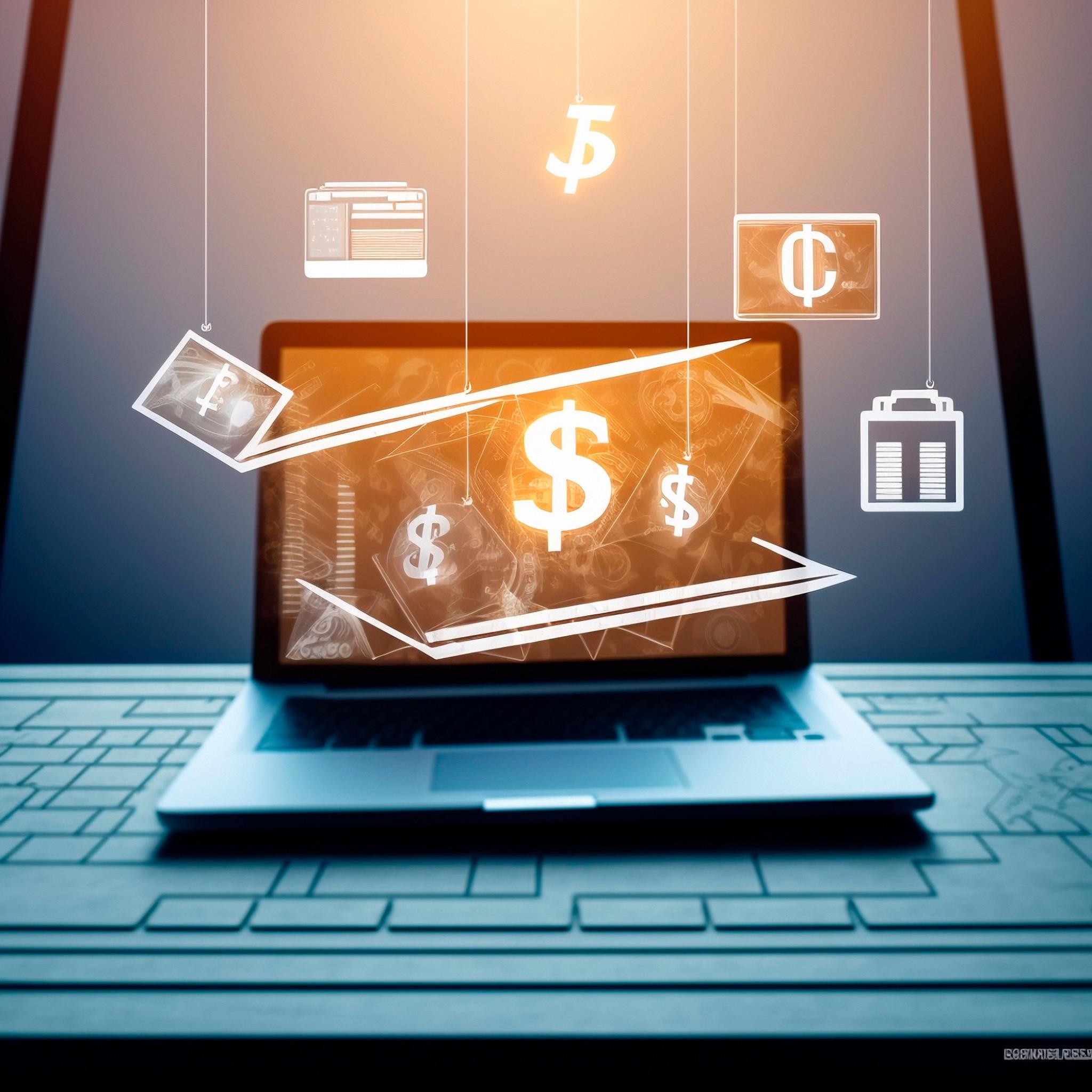Harnessing Digital Literacy to Unlock Business Opportunities
Discover how digital technology, AI, and IoT can drive efficiency, innovation, and customer loyalty as digital literacy continues to rise.
Digital literacy encompasses the ability to effectively use digital tools, platforms, and technologies to access, manage, and share information. It involves skills such as online communication, digital content creation, and data management. In the business world, digital literacy is pivotal in integrating technology into digital strategies, enabling businesses to enhance operational efficiency, foster innovation, and create added value for products. Moreover, it helps businesses reach broader markets. According to the 2024 MarkPlus, Inc. survey, Indonesia’s national digital literacy index is promising 2.68. This indicates significant potential for businesses to target regional markets across the country, and leverage the growing digital literacy of the population.

A strong grasp of digital literacy allows businesses to design highly personalized marketing strategies tailored to customer behavior and preferences. For example, digital marketing strategies can effectively target the Indonesian market. The MarkPlus, Inc. survey on digital activities highlights that most respondents can access the internet and use applications, presenting an opportunity to engage with these consumers through targeted campaigns.

Explanation:
- 1 – Yes, easily
- 2 – Yes, with difficulty
- 3 – Unable
- 96 – Not applicable (never used)
- 98 – Don’t know
In line with the role of digital literacy, staying updated on technological advancements is crucial. For instance, businesses can utilize Artificial Intelligence (AI) in marketing to process customer data using machine learning models. This enables the delivery of personalized product or service recommendations, enhancing customer engagement. AI also plays a critical role in analyzing and predicting market trends, helping businesses identify future opportunities.
Additionally, technologies such as the Internet of Things (IoT) and blockchain can significantly enhance customer experiences and product ecosystems. IoT enables the development of interconnected products, adding value and convenience for customers. Blockchain, on the other hand, ensures secure transactions, building trust and loyalty among consumers.
